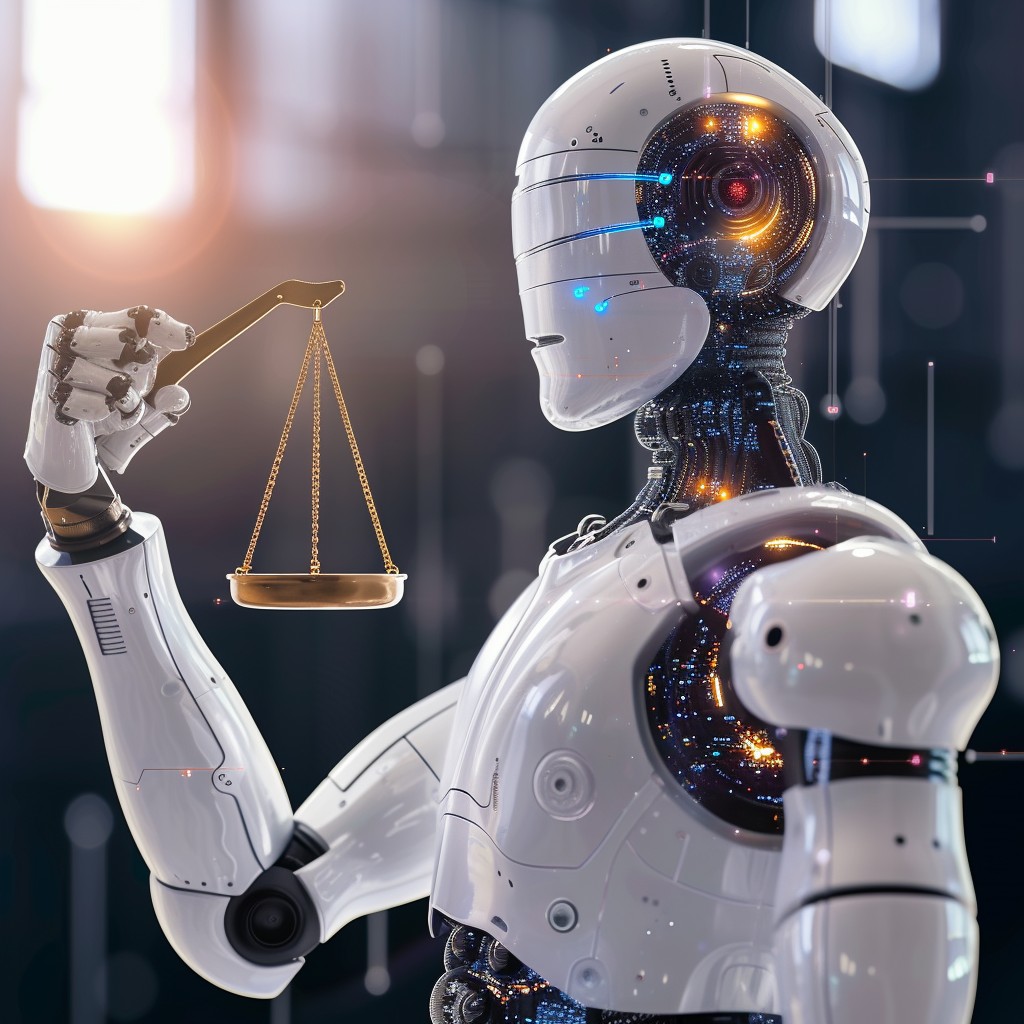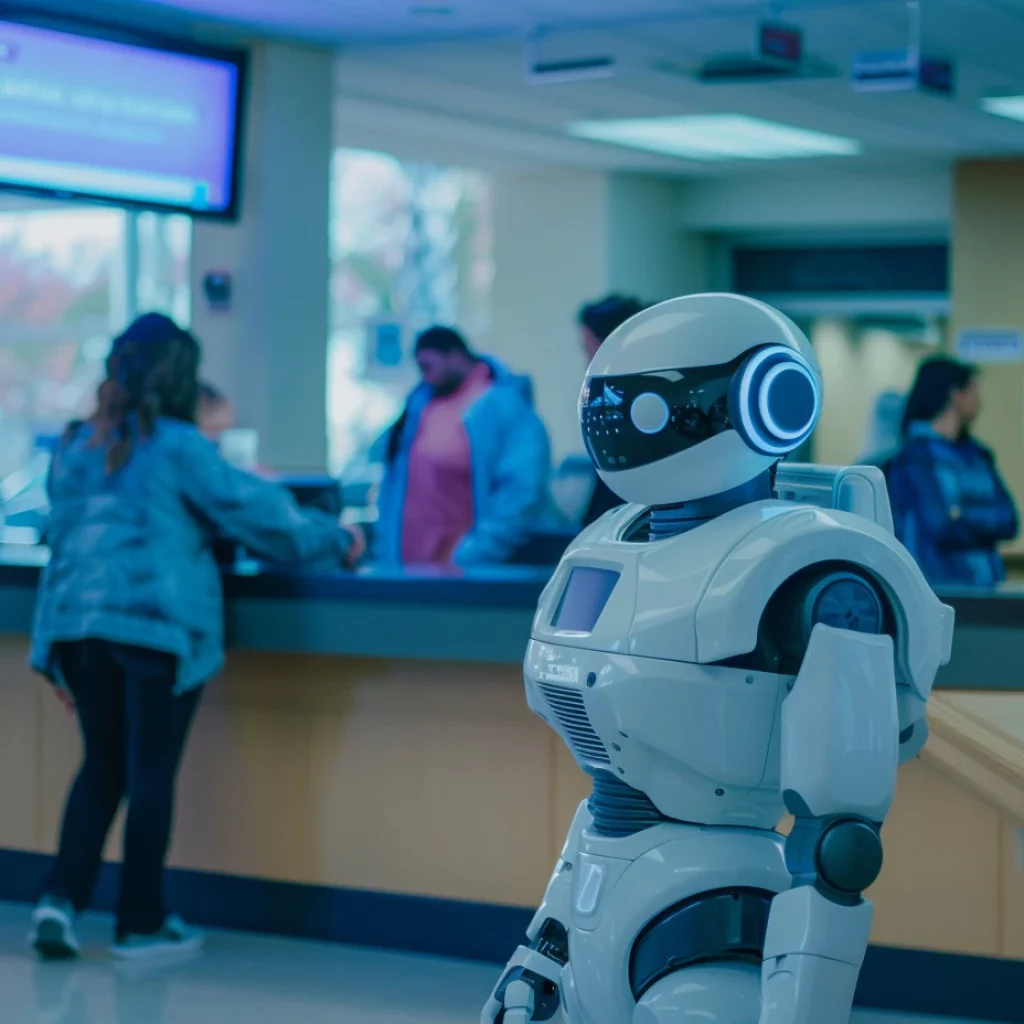The General Counsel of the US Copyright Office, Suzy Wilson, has announced that the agency is actively exploring potential licensing models to compensate copyright owners and creators when their works are used to train generative AI models.
Wilson disclosed this during an intellectual property conference hosted by the New York City Bar. The discussions surrounding compulsory licensing have raised concerns regarding its appropriateness and potential implications, particularly within the music industry.
Compulsory licensing in question
Wilson’s comments brought attention to the concept of compulsory licensing in the context of AI training. Currently, certain recordings and songs in the United States are subject to compulsory licenses, which obligate copyright owners and creators to allow the use of their content under specific circumstances, with payment terms determined by the Copyright Royalty Board. However, songwriters argue that compulsory licenses have historically undervalued their rights.
The ongoing debate surrounding AI training is whether AI companies must secure licenses from rights owners and creators or provide compensation. Many tech companies assert that AI training falls within the bounds of fair use under American copyright law, meaning they do not require permission to use existing content for training AI models.
The Copyright Office’s consultation on AI, launched last year, aimed to address this fundamental issue, seeking public input on whether permission should be required and what remuneration systems might be appropriate if AI training necessitates licensing.
Copyright obligations tested in court
As the copyright obligations of AI companies face legal scrutiny, with several lawsuits filed by copyright owners, the Copyright Office is prioritizing the development of fair and workable licensing models. Wilson emphasized that this issue is at the forefront of their AI consultation efforts, stating, “We are aware there is some licensing going on in the [AI] space, and we’ve asked people to inform us about that.”
Some AI companies are entering licensing agreements with rights owners to access content for their AI training. These agreements may serve as templates for future deals in this evolving landscape. However, some AI companies simultaneously assert that AI training is protected as fair use, indicating a reluctance to establish industry expectations that licenses are invariably required.
Nevertheless, a compulsory license may be acceptable to AI companies, especially if it aligns with the music community’s assertion that such licenses often undervalue copyrighted works.
Wilson acknowledged the concerns raised by the music industry regarding compulsory licensing for AI training. Musicians and songwriters with experience with compulsory licenses in other contexts have expressed reservations about its applicability and impact on their rights.
The existence of a compulsory license for music in the digital realm has often resulted in disputes over fair compensation for creators. As discussions regarding AI training and licensing continue, the music industry remains vigilant about preserving the value of its content.





